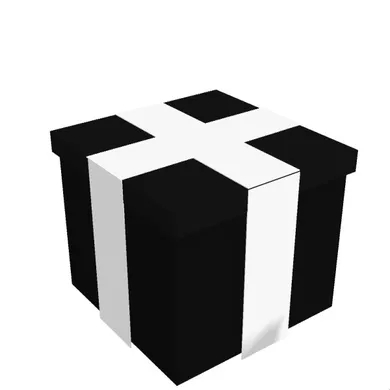Etymology fascinates me. Where do words and phrases come from? I’m constantly intrigued.
Just the other day, I heard someone say, “Don’t give me grief.”
Grief and its verb, grieving, are states that I’m all too familiar with. It’s a natural part of life to be devastated by the loss of someone you love. It’s also something I wouldn’t wish on my worst enemy.
But to say that grief can be given, as if you can box it up and hand it to someone, like the world’s most ill-conceived birthday present, is a bit of a stretch. It’s also kind of insulting to the griever.
No, grief is too personal for that. It’s not something that is presented to you, fully formed, from some outside source. It’s what you feel. It comes from your very heart and soul.
No two people grieve alike. There’s no standard timeline (and anyone who tries to force you into one is clueless and rude). There’s no right way or wrong way to grieve.
Your grief is all yours. You most likely don’t want it. You can’t be blamed for wishing it would go away and leave you alone. But grief is the state in which all of us get to reside, at one time or another. In all probability, you enter that realm without warning, and have to blaze your own trail, in hopes of coming out the other side, much altered, but hopefully stronger for it.
Grief is caused by the loss of someone. It strikes me as wrong to say that it is given to you by someone. After all, it’s not as if you can say, “return to sender.”
Don’t give me grief about this. I know what I’m talking about.


